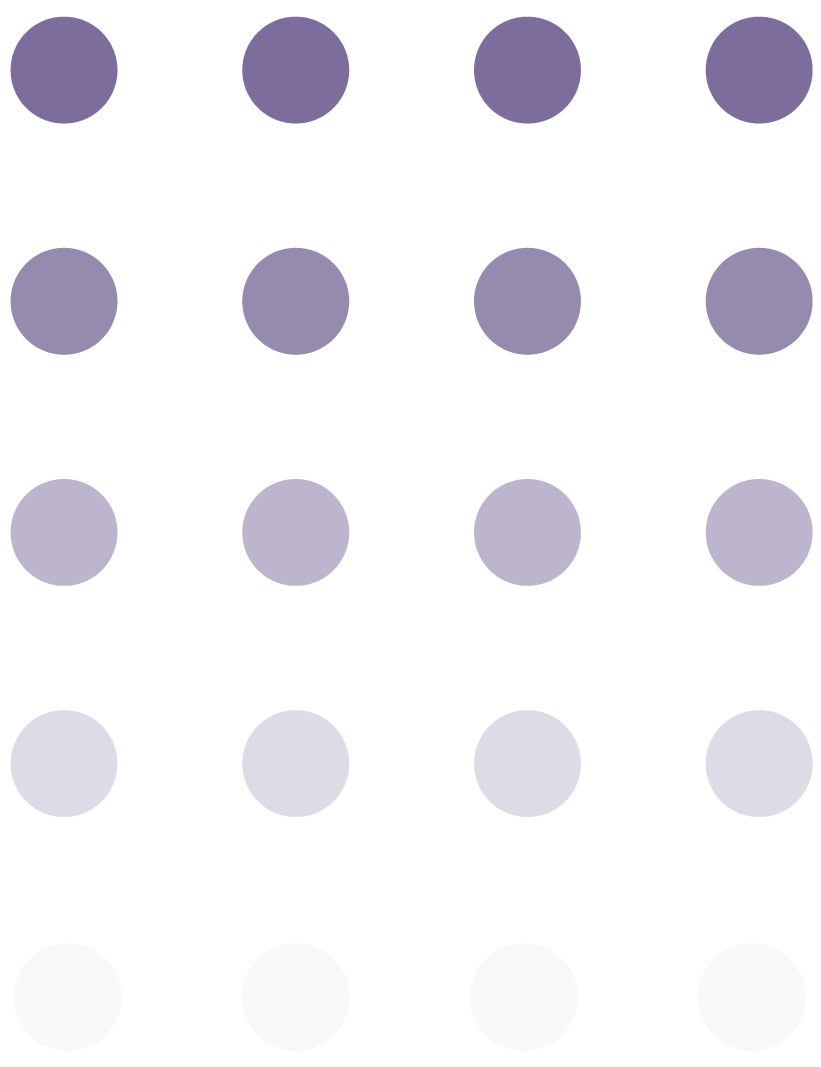Vaginal Yeast Infection

Introduction
A vaginal yeast infection, also known as candidiasis, is a common infection that affects many women. It is caused by an overgrowth of the fungus Candida albicans, which is normally present in the vagina in small amounts. Yeast infections can be uncomfortable and cause symptoms such as itching, burning, and discharge.
There are several factors that can increase the risk of developing a vaginal yeast infection, including:
- Antibiotics: Antibiotics can kill off the beneficial bacteria in the vagina that help keep the yeast in check, leading to an overgrowth of yeast.
- Hormonal changes: Hormonal changes during pregnancy, menstruation, and menopause can alter the vaginal environment and increase the risk of developing a vaginal yeast infection.
- Weakened immune system: People with weakened immune systems, such as those with HIV/AIDS or those undergoing chemotherapy, are more susceptible to yeast infections.
- Diabetes: Women with poorly controlled diabetes are more likely to develop yeast infections.
- Sexual activity: Sexual activity can sometimes lead to a yeast infection, although yeast infections are not considered a sexually transmitted infection.
Symptoms of a yeast infection may include:
- Itching and burning in the vagina and surrounding area
- Redness and swelling of the vulva
- Pain or discomfort during sex or urination
- Thick, white, odorless discharge that may resemble cottage cheese
Treatment for a vaginal yeast infectiontypically involves antifungal medications, which can be administered orally or applied topically to the affected area. Over-the-counter options include creams, ointments, or suppositories. Severe or recurrent yeast infections may require prescription medications.
Precautions
To prevent yeast infections, women can take the following precautions:
- Wear breathable, cotton underwear
- Avoid tight-fitting clothing
- Avoid douching or using scented products in the vaginal area
- Practice good hygiene, including wiping from front to back after using the bathroom
- Maintain a healthy diet and exercise regularly to support immune function.

patient education
Contact us
Phone:
305-931-7960
12550 Biscayne Blvd, Suite Ph 906
North Miami, Florida 33181
Email: info@aventuraobgynadvancedcare.com
